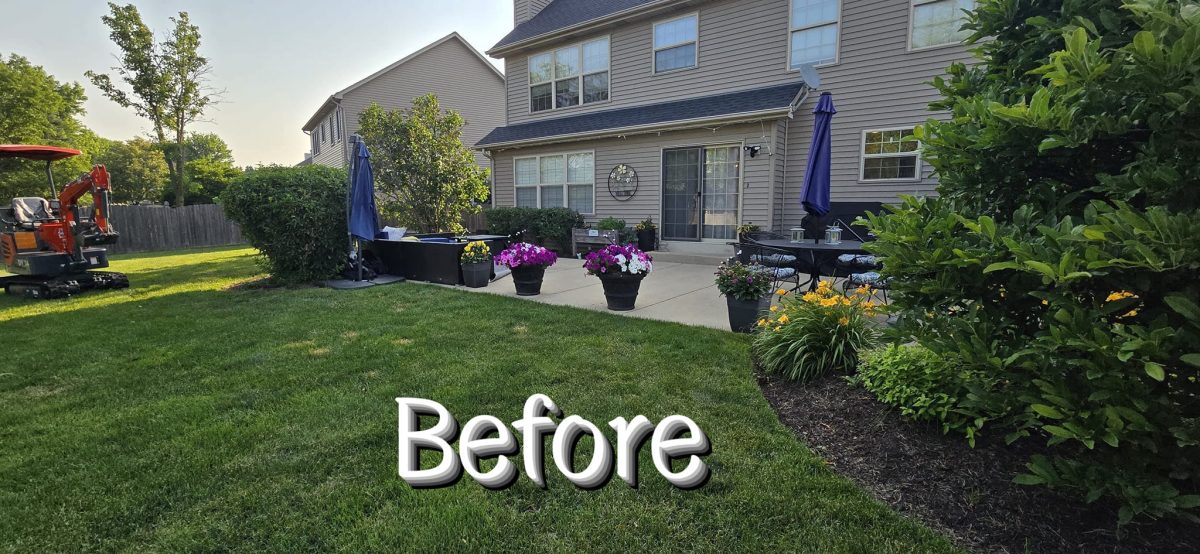Understanding the Basics of Retaining Walls
Before deciding whether to handle the project yourself or hire a professional, it’s essential to understand the fundamental purpose of a retaining wall. These structures are designed to hold back soil and create level surfaces on uneven terrain. Retaining walls can be made from various materials, including concrete, stone, wood, bricks, or gabions, and serve purposes ranging from functional to decorative.
However, the construction process involves careful planning, proper drainage systems, and structural integrity—aspects that can quickly escalate in complexity depending on the wall’s size and purpose.
Factors to Consider: DIY vs. Professional Retaining Wall Construction

1. Wall Height and Size
- DIY Suitability: Retaining walls under 3 feet in height are often manageable for homeowners. These smaller walls typically don’t require extensive engineering or permits.
- Call a Professional: If the wall exceeds 3 feet, structural stability becomes a critical concern. Taller walls need proper footing, reinforcement, and drainage systems, which professionals are equipped to handle.
2. Soil Type and Slope Conditions
- DIY Suitability: If your property has stable soil with minimal slope, you may have fewer complications to address.
- Call a Professional: Challenging soil conditions (like clay or sandy soil) or steep slopes demand advanced techniques and equipment. Professionals can analyze soil composition and ensure the wall can handle lateral earth pressure effectively.
3. Design Complexity
- DIY Suitability: Straightforward designs, such as a basic garden wall with a single row of blocks, are easier to execute.
- Call a Professional: Curved walls, tiered designs, or walls incorporating steps or seating areas require precise engineering and aesthetic expertise. Professionals can blend functionality with visual appeal.
4. Permits and Regulations
- DIY Suitability: If your wall is small and local regulations don’t require permits, you may proceed on your own.
- Call a Professional: Larger walls or those located near property lines, driveways, or water sources often require permits and compliance with building codes. Professionals have experience navigating these legal requirements, saving you time and potential fines.
5. Drainage Requirements
- DIY Suitability: For smaller walls, basic gravel backfill and weep holes may suffice to manage drainage.
- Call a Professional: Poor drainage is a leading cause of retaining wall failures. Professionals design sophisticated drainage solutions, including geotextile fabrics, perforated pipes, and backfill layers, to ensure water flows away from the structure.
6. Tools and Equipment
- DIY Suitability: Basic tools like shovels, levels, and wheelbarrows are sufficient for small projects.
- Call a Professional: Large-scale projects often require specialized equipment such as excavators, compactors, and concrete mixers, which professionals can provide and operate efficiently.
Advantages of Hiring a Professional
1. Expertise and Experience
Professionals have the training and experience to design and construct retaining walls that are both functional and durable. They can anticipate challenges and implement solutions that DIY enthusiasts might overlook.
2. Time Efficiency
Retaining wall construction can be labor-intensive and time-consuming. Professionals work faster and more efficiently, ensuring the project is completed on schedule.
3. Long-Term Durability
A poorly constructed wall can fail, leading to costly repairs or replacements. Hiring a professional ensures a high-quality build that will stand the test of time.

4. Access to High-Quality Materials
Professionals often have access to better materials at lower costs through industry connections. They can recommend the best materials for your specific needs and budget.
5. Warranty and Insurance
Reputable contractors provide warranties on their work, giving you peace of mind. Additionally, they carry insurance, protecting you from liability in case of accidents or damages during construction.
When DIY is the Right Choice
A DIY project can be rewarding if:
- The wall is under 3 feet tall.
- The design is simple and straightforward.
- You have the necessary tools and skills.
- You’re willing to dedicate time and effort to research and execute the project properly.
Finding the Right Professional for the Job
If you decide to hire a professional, consider these steps:
- Research Local Contractors: Look for experienced retaining wall specialists in your area.
- Check Credentials: Ensure they have the necessary licenses and certifications.
- Read Reviews: Online reviews and testimonials can give insight into their reputation and quality of work.
- Request Quotes: Get multiple estimates to compare costs and services.
- Ask Questions: Inquire about their approach, materials, and timeline to gauge their expertise.
Deciding between DIY and hiring a professional for retaining wall construction depends on various factors, including the wall’s size, complexity, and the site’s conditions. While a small, straightforward wall can be a satisfying DIY project, larger or more intricate designs demand professional expertise to ensure safety, compliance, and durability. Investing in a skilled contractor can save you time, money, and headaches in the long run—delivering a retaining wall that not only serves its purpose but also enhances your property’s value and appeal.
For professional retaining wall construction in Illinois, Shoreline Landcare is here to help. Serving Aurora, Naperville, Batavia, Bolingbrook, Geneva, North Aurora, Sugar Grove, Plainfield, Yorkville, Montgomery, Oswego, and Warrenville, we bring expertise and dedication to every project. Contact us today to transform your outdoor spaces!








